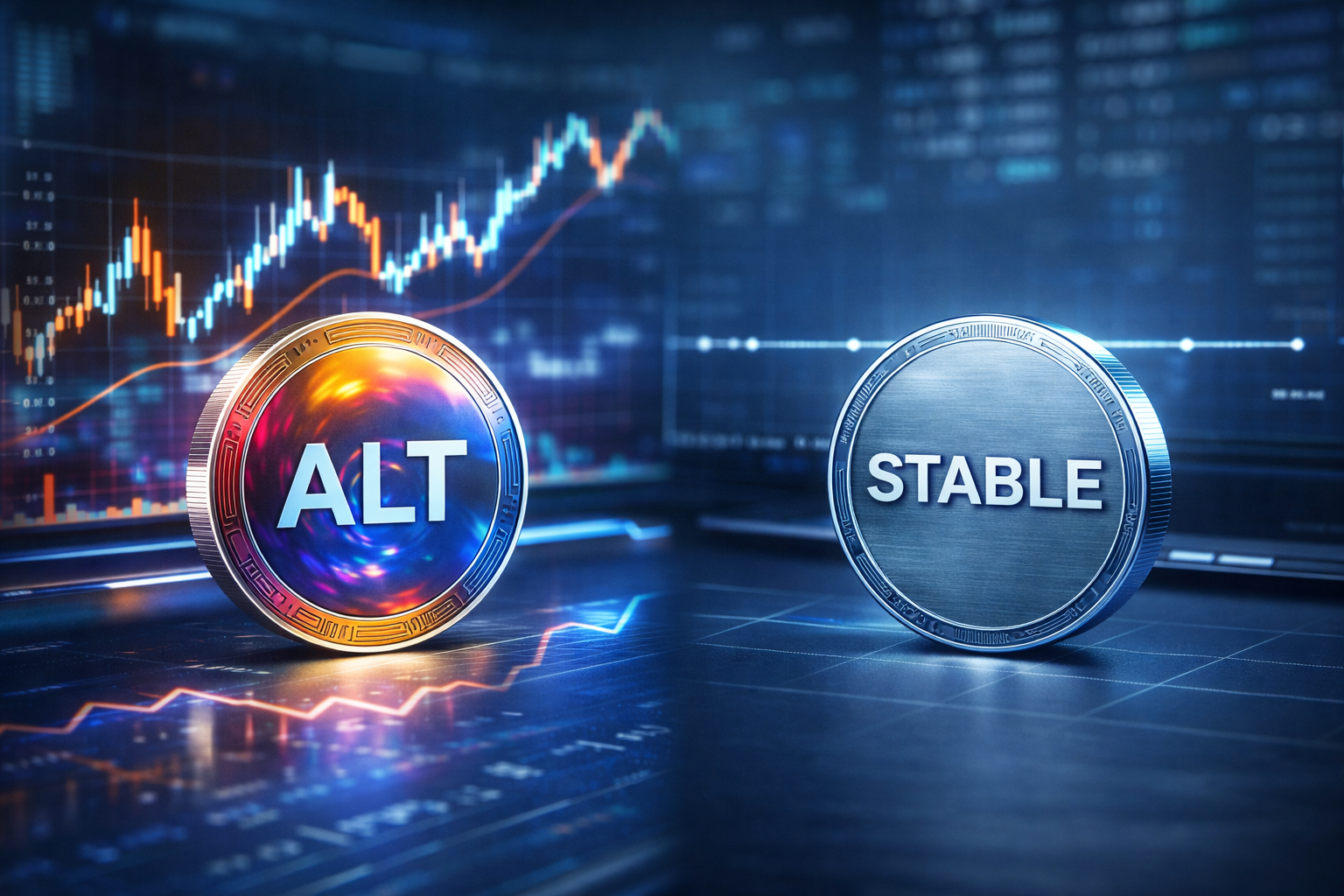
James Carter
How to Mine Loopring-A Comprehensive Guide

Loopring is a decentralized exchange protocol that allows users to trade cryptocurrencies without the need for a central authority. As a decentralized exchange, Loopring offers several advantages over traditional exchanges, such as lower fees and improved security. In addition to trading on the Loopring platform, users can also mine Loopring tokens to earn rewards.
Mining is the process of validating transactions on a blockchain and adding them to the public ledger. In return for providing this service, miners are rewarded with new tokens. In this article, we will explain how to mine Loopring and earn rewards.
how to mine loopring
- Setting up a Loopring Wallet
Before you can start mining Loopring, you will need to set up a wallet to store your tokens. A wallet is a software application that allows you to store, send, and receive cryptocurrencies. Here are the steps to set up a Loopring wallet:
Choosing a Wallet
There are several types of wallets available for storing Loopring tokens, including desktop wallets, mobile wallets, and hardware wallets. Each type of wallet has its own advantages and disadvantages. Desktop wallets are generally considered the most secure, but they require you to download and install software on your computer. Mobile wallets are convenient and easy to use, but they may not be as secure as desktop wallets. Hardware wallets are the most secure option, but they can be expensive.
Creating a Wallet
Once you have chosen a wallet, you will need to create an account. This typically involves providing your email address and creating a password. After creating your account, you will be given a unique address for your wallet. This address is used to send and receive Loopring tokens.
- Joining a Mining Pool
Mining Loopring tokens can be done solo, but it can be difficult and time-consuming. Joining a mining pool can improve your chances of earning rewards by combining your mining power with other miners. Here are the steps to join a mining pool:
What is a Mining Pool?
A mining pool is a group of miners who work together to mine a cryptocurrency. By combining their mining power, they can solve complex mathematical problems faster and earn rewards more frequently. Mining pools charge a small fee for their services, but this fee is typically lower than the cost of running a solo mining operation.
Choosing a Mining Pool
There are several mining pools available for mining Loopring tokens. When choosing a mining pool, it is important to consider factors such as pool size, fees, and payout structure. A larger pool may offer more consistent rewards, but it may also have higher fees. It is also important to choose a pool that is reliable and has a good reputation.
Joining a Mining Pool
To join a mining pool, you will need to provide your wallet address and configure your mining software to connect to the pool. Each mining pool will have its own instructions for setting up your miner.
- Configuring Mining Software
After you have joined a mining pool, you will need to configure your mining software to connect to the pool and start mining Loopring tokens. Here are the steps to configure your mining software:
Choosing Mining Software
There are several mining software options available for mining Loopring tokens. Some popular options include Claymore, Ethminer, and PhoenixMiner. Each mining software has its own advantages and disadvantages. It is important to choose software that is compatible with your mining hardware and has a good reputation.
Configuring Mining Software
To configure your mining software, you will need to provide your pool URL, username, and password. You will also need to specify your mining hardware, such as your graphics card or ASIC. Each mining software will have its own instructions for configuration.
- Start Mining Loopring
After you have set up your wallet, joined a mining pool, and configured your mining software, you are ready to start mining Loopring tokens. Here are the steps to start mining:
Start Mining
To start mining, you will need to run your mining software. Your mining software will connect to the mining pool and start solving complex mathematical problems. These problems are used to validate transactions on the Loopring blockchain.
Monitoring Your Mining Progress
While you are mining Loopring tokens, it is important to monitor your mining progress. This will help you ensure that your miner is running properly and that you are earning rewards. Most mining pools provide a dashboard where you can monitor your mining progress and view your earnings. You can also use third-party tools to monitor your miners, such as GPU-Z and HWiNFO.
WATCH THE VIDEO BELOW FOR MORE CLARIFICATION
Advantages and Disadvantages of Mine Loopring
- Advantages of Mine Loopring
Mining Loopring can offer several benefits to users who are interested in participating in the decentralized exchange ecosystem. Here are seven benefits of mining Loopring:
Earn Rewards
The primary benefit of mining Loopring is that you can earn rewards for validating transactions on the Loopring blockchain. As a miner, you will be responsible for adding new blocks to the blockchain and validating transactions. In return for providing this service, you will receive new Loopring tokens as a reward. These tokens can be sold, traded, or held as an investment.
Support the Decentralized Exchange Ecosystem
By mining Loopring tokens, you are helping to support the decentralized exchange ecosystem. Loopring is a decentralized exchange protocol that allows users to trade cryptocurrencies without the need for a central authority. By mining Loopring, you are contributing to the security and reliability of the platform, which benefits all users.
Low Fees
One of the advantages of using a decentralized exchange like Loopring is that the fees are typically lower than traditional exchanges. This is because there are no intermediaries involved in the transaction process. As a miner, you can take advantage of these lower fees by earning rewards without having to pay high transaction fees.
Improved Security
Decentralized exchanges like Loopring offer improved security over traditional exchanges. This is because there is no central authority that can be hacked or compromised. Instead, the platform is powered by a network of nodes that work together to validate transactions. By mining Loopring, you are contributing to the security and integrity of the platform.
Flexible Mining Options
Loopring can be mined using a variety of hardware and software options. This means that you can choose a mining setup that fits your needs and budget. For example, you can mine Loopring using a CPU or GPU, or you can invest in specialized mining hardware such as an ASIC. There are also several mining software options available, so you can choose software that is compatible with your hardware.
Diversification
Mining Loopring can provide a way to diversify your cryptocurrency portfolio. By earning Loopring tokens, you can diversify your holdings beyond traditional cryptocurrencies such as Bitcoin and Ethereum. This can help you manage risk and take advantage of new investment opportunities.
Potential for Capital Gains
Finally, mining Loopring can offer the potential for capital gains. As a decentralized exchange protocol, Loopring has the potential to grow and become more widely used in the cryptocurrency ecosystem. This could increase the value of Loopring tokens, providing an opportunity for capital gains. By mining Loopring, you are positioning yourself to benefit from potential future growth in the platform.
- Disadvantages of Mine Loopring
While mining Loopring can provide several benefits, there are also some disadvantages to consider. Here are six potential disadvantages of mining Loopring:
Mining Difficulty
Loopring is designed to be a decentralized exchange protocol that is powered by a network of nodes. This means that the mining difficulty is adjusted over time to ensure that new blocks are added to the blockchain at a consistent rate. However, as more miners join the network, the mining difficulty can increase, making it harder to earn rewards. This can make it difficult for new miners to earn a significant amount of Loopring tokens.
High Energy Consumption
Mining Loopring can be energy-intensive, especially if you are using specialized hardware such as an ASIC. This can result in high energy consumption and increased electricity costs. This can be a significant disadvantage for miners who are operating on a tight budget or who live in areas with high electricity costs.
Hardware Costs
Investing in specialized mining hardware such as an ASIC can be expensive. This can be a significant disadvantage for new miners who are just starting out and may not have the funds to invest in expensive hardware. Additionally, the cost of hardware can change over time, which can impact the profitability of mining Loopring.
Technical Knowledge
Mining Loopring requires some technical knowledge and experience. For example, you need to know how to configure mining software, connect to a mining pool, and troubleshoot any issues that may arise. This can be a significant disadvantage for new miners who may not have the technical skills needed to get started.
Market Volatility
Like all cryptocurrencies, the value of Loopring tokens can be volatile. This means that the value of tokens can change quickly and without warning. This can be a significant disadvantage for miners who are holding Loopring tokens as an investment. If the value of tokens decreases, this can impact the profitability of mining.
Regulatory Risks
Finally, there are regulatory risks associated with mining Loopring. Cryptocurrencies and decentralized exchanges are still relatively new technologies, and there is some uncertainty about how they will be regulated in the future. This can create a risk for miners who may be subject to new regulations that could impact the profitability of mining.
Summary
Mining Loopring tokens can be a profitable way to earn rewards while supporting the decentralized exchange ecosystem. By following the steps outlined in this article, you can set up a Loopring wallet, join a mining pool, configure your mining software, and start mining Loopring tokens. It is important to choose a reliable mining pool and compatible mining software and to monitor your mining progress to ensure that you are earning rewards. Good luck with your mining endeavors!
Latest
Guides & Tutorials
21 Feb 2026
Guides & Tutorials
13 Feb 2026
Guides & Tutorials
07 Feb 2026
Guides & Tutorials
06 Feb 2026
Guides & Tutorials
05 Feb 2026
Guides & Tutorials
03 Feb 2026












